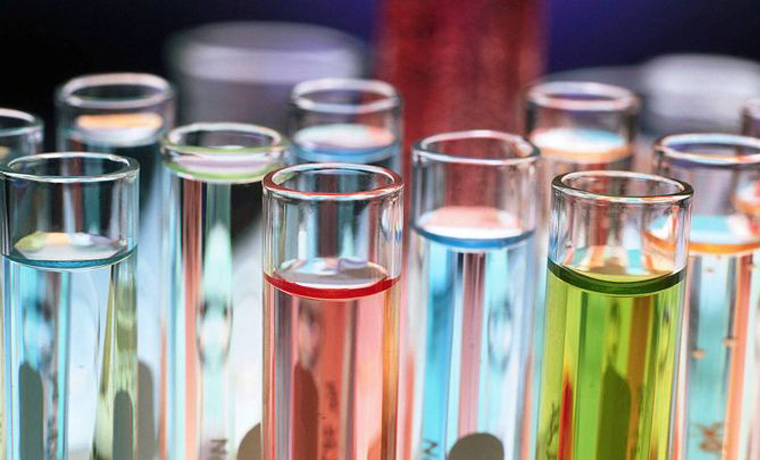
Bentonite is light brown colored clay and is available in three types:
1. Bentonite Powder Cosmetic Grade
2. Purified Bentonite Powder
3. White Bentonite Powder
| Test Performed | Limit |
| Description | Very fine, homogenous, grayish white powder with a more or less yellowish or pinkish tint. |
| Solubility | Practically insoluble in water and in aqueous solutions |
| Identification | Acc to B.P. identifications A. A gelatinous white precipitate is formed B. It complies with the test for swelling power with water. C. Gives the reaction of silicates. |
| Alkalinity | To 2g add 10 ml. carbon free water and shake for 5 minuntes to 5 ml. of suspension add 01ml of thymolphthlein solution. The liquid becomes bluis add 0.1 ml of 0.1 M hydrochloric acid. The liquid is decolorized within 5 minutes. |
| Coarse Particles | NMT 0.1g (0.5%) |
| Sedimentation Volume | NMT 2 ml |
| Swelling Power with Water | NLT 22ml |
| Heavy Metals | NMT 50ppm |
| Loss on Drying | NMT 15% |
| Microbial Contamination | Total viable aerobic count NMT 1000 Micro Organism per gram, determined by plate count |
Shelf Life: 5 years
Storage: Keep container tightly closed. Keep container in a cool, well-ventilated area.
Usage and application of Bentonite BP: Bentonite is light brown colored clay. It helps to remove toxins from your pores allows skin to heal and reduce inflammation.